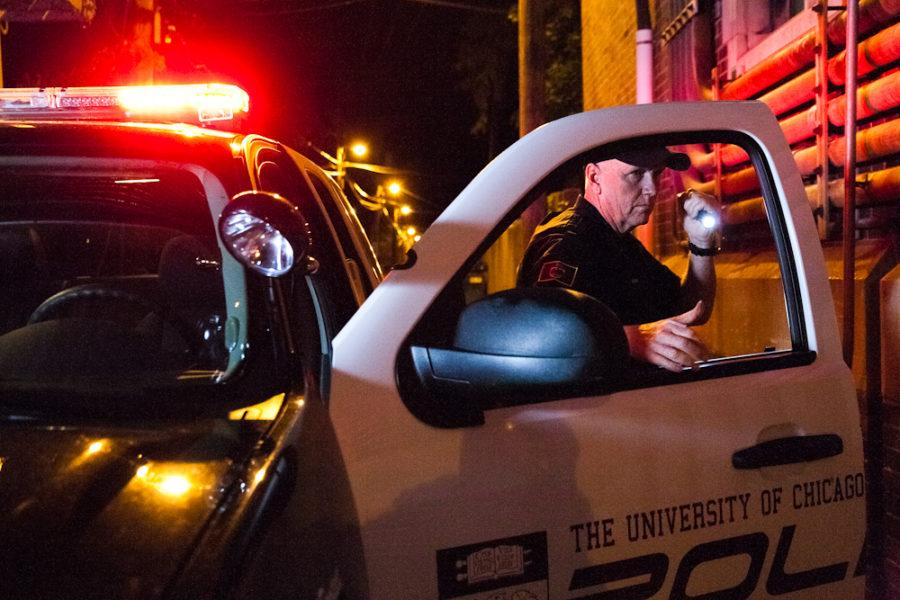After expanding its responsibilities and powers, the University of Chicago Police Department (UCPD) is now seeking to certify those changes with a national accreditation agency.
UCPD transitioned to a “full-service” police force this calendar year, according to UCPD Accreditation Specialist Ernie Knight. UCPD’s duties now include, among other responsibilities, writing police reports and detaining and processing individuals after they have been arrested, all without involving the Chicago Police Department (CPD). Knight said the change has effectively streamlined the UCPD.
“It used to be that anybody who was arrested would have to be transported by an officer to a local CPD station for processing and detention. That meant fewer officers on the street, and an inefficient use of resources,” Knight said.
In the midst of establishing the changes, the UCPD has contracted the Commission on Accreditation for Law Enforcement Agencies (CALEA) to certify that the UCPD’s entire operation, including police action that falls under the umbrella of “full service,” meets what Knight sees as an extremely high standard.
CALEA is an independent accrediting authority established by major law enforcement associations. Its certification process consists of a 481-point inspection intended to evaluate the management of the UCPD and day-to-day operations of its officers. The UCPD must submit large quantities of its records and other paperwork, as well as allow CALEA inspectors to ride along and interact with police on the beat.
“Accreditation from CALEA is more than a sticker on the side of the squad car. It means professionalism and accountability,” Knight said.
However, third-year Ava Benezra, a leader within the Southside Solidarity Network and UChicago’s Coalition for Equitable Policing, believes that it is necessary to wait in order to determine whether CALEA certification will mean that the UCPD is more accountable in its policing practices.
“The hope is that with [CALEA] certification, the UCPD, which is a private police force, will be as publicly accountable for its actions as the CPD, which is a public force. That is not to say that the CPD is a meaningful measure of quality policing,” Benezra said.
According to CALEA’s Web site, the organization bills its accreditation process as a means to “improve the delivery of public safety services, primarily by: maintaining a body of standards, developed by public safety practitioners, covering a wide range of up-to-date public safety initiatives.”
Knight estimates that CALEA will charge roughly $5,000 in fees for its services, but believes that the UCPD, which will aim to complete CALEA certification by April of 2014, is making a good, long-term investment.
“CALEA certification means certification by an internationally-recognized agency, and being in compliance with their stringent regulations limits liability. One lawsuit, and you’ve paid for CALEA and the salary of an Accreditation Manager several times over,” Knight said.
For Benezra, it will take a while longer to see the benefits of CALEA certification.
“There are so many ways that the UCPD could improve its operations, as well as its relations with the outside community. This certification sounds like a step in the right direction. But only time will tell for sure.”









